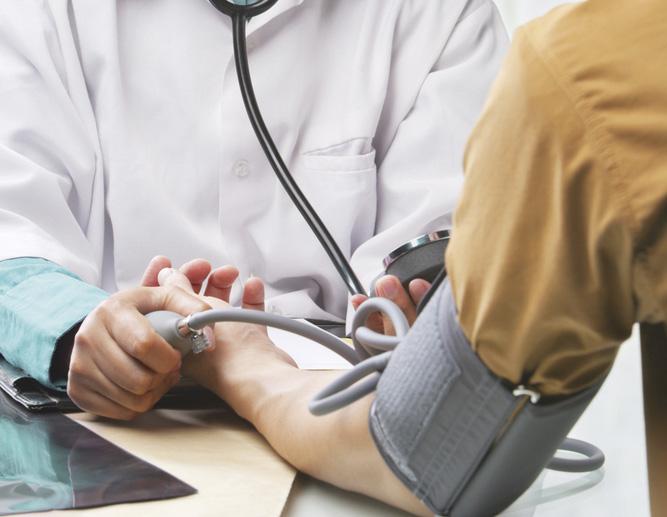
The use of thiazides appears to contribute to an increased risk of stroke in patients with type 2 diabetes, specifically in those receiving intensive blood pressure (BP) control, a recent study has found.
Researchers used data from the ACCORD study (Action to Control Cardiovascular Risk in Diabetes) and looked at 10,011 type 2 diabetic patients, among whom 2,769 were taking thiazides. Mean BP at baseline was 137.2/74.8 mm Hg in users and 135.7/74.6 mm Hg in nonusers.
Compared with nonusers, thiazide users were older, more likely to be female, had greater body mass index, and were more susceptible to hypertension and stroke but less so to coronary artery disease and heart failure. Thiazide use was also associated with more frequent use of angiotensin-converting enzyme inhibitors/angiotensin II receptor blockers, calcium channel blockers and β-blockers.
Over a mean follow-up of 7.7 years, the primary outcome of major adverse cardiovascular events (MACE)—a composite endpoint including cardiovascular death, myocardial infarction and stroke—occurred in 1,776 patients. Cox proportional hazards models showed that thiazide users were 50 percent as likely as nonusers to develop MACE, particularly stroke (hazard ratio, 1.49, 95 percent confidence interval [CI], 1.18–1.88).
The risk increase associated with thiazide use was especially pronounced in the subgroup of patients receiving intensive BP control (n=2,311) but not in those receiving standard BP treatment (n=2,315). Similar associations emerged in analyses using propensity score matching.
The researchers noted that the beneficial effects of intensive BP control were seen only in patients not taking thiazides, indicating that an intensive BP control strategy may be beneficial in type 2 diabetic patients under specific conditions. Further investigation is needed to confirm the present data and to clearly understand the association between thiazide use and stroke among diabetic patients with relatively low BP.